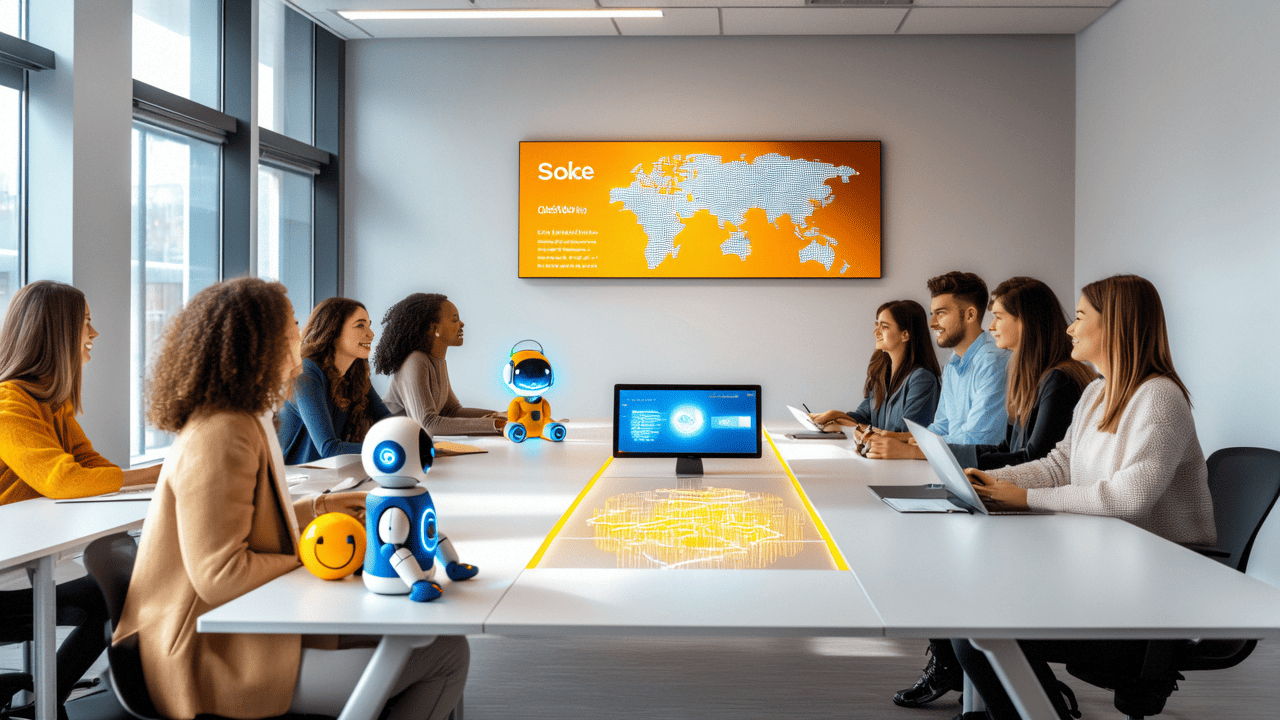Exploring the Power of AI+Marketing: How to Boost Cross-Border E-commerce Brand Influence through Quora Customer Acquisition
As globalization accelerates, cross-border e-commerce has become a new bridge connecting the world. However, this brings about a complex and ever-changing competitive environment. In this context, "AI+marketing" emerges as an innovative technological application that not only transforms traditional marketing methods but also offers unprecedented opportunities for cross-border e-commerce businesses.
AI-Driven Precision Marketing Transformation
At the heart of AI+marketing lies the use of AI algorithms to analyze vast amounts of consumer behavior data, enabling more precise target audience identification and personalized service recommendations. For instance, on social media platforms, natural language processing (NLP) technology can automatically detect users' interests and purchasing intentions, thereby pushing products or services that match their preferences. Moreover, deep learning-based image recognition helps merchants manage inventory more efficiently and optimize supply chain management. For enterprises aiming to expand their overseas market share, mastering these skills is crucial for gaining a competitive edge.
When it comes to leveraging platforms like Quora, AI can uncover hidden needs behind text, making marketing activities more targeted. Research shows that when companies actively answer relevant questions on Quora and connect with potential customers, brand awareness significantly increases. Thus, using Quora as a channel for customer acquisition not only attracts high-quality traffic but also helps build a positive brand image.
Building Trust: Privacy Protection in the Context of AI Toys
In recent years, the AI toy market has rapidly expanded, integrating advanced voice interaction technologies and rich entertainment-education content that children adore. Yet, as more kids engage with smart devices, parents and society have raised concerns over child information security. A notable case involves certain AI toys potentially collecting minors' voice samples or even location information without consent, which clearly violates legal requirements and harms consumer rights. To prevent such incidents, manufacturers should implement strict data encryption measures and ensure all operations are transparent. Only by doing so can they earn long-term trust and support from consumers.
The Future Path of Cross-Border E-commerce: Cultivating International Professionals
Despite China's relatively complete e-commerce infrastructure, developing to a higher level still requires a sufficient number of highly qualified professionals. Therefore, government departments should encourage universities to offer more courses related to international trade, invite industry experts for teaching guidance; meanwhile, support internal training mechanisms within enterprises to combine theoretical knowledge with practical experience. Such efforts will cultivate versatile talents who can adapt to rapidly changing market demands and contribute wisdom and strength to Chinese manufacturing's global stage presence.
Adapting to Global Economic Fluctuations: Flexible Business Strategy Adjustment
Since the outbreak of the Sino-US trade war, the external economic environment has become increasingly complicated, impacting many export-oriented businesses. To mitigate the shock, the state has introduced a series of policies aimed at stabilizing foreign trade, including reducing VAT rates and simplifying import-export procedures. At the same time, companies need to respond proactively, such as intensifying domestic market development and exploring diversified sales channels. Notably, during this process, AI technology can play a significant role—by monitoring macroeconomic indicators in real-time, it can provide scientific evidence for corporate decision-making, anticipating risk signals ahead of time.
Conclusion
In summary, "AI+marketing" infuses new vitality into cross-border e-commerce, and Quora customer acquisition serves as a key to opening up international markets. Looking forward, we anticipate seeing more creative application scenarios and hope that all sectors of society will work together to foster a healthy and harmonious development ecosystem, allowing technology to better serve human progress.



